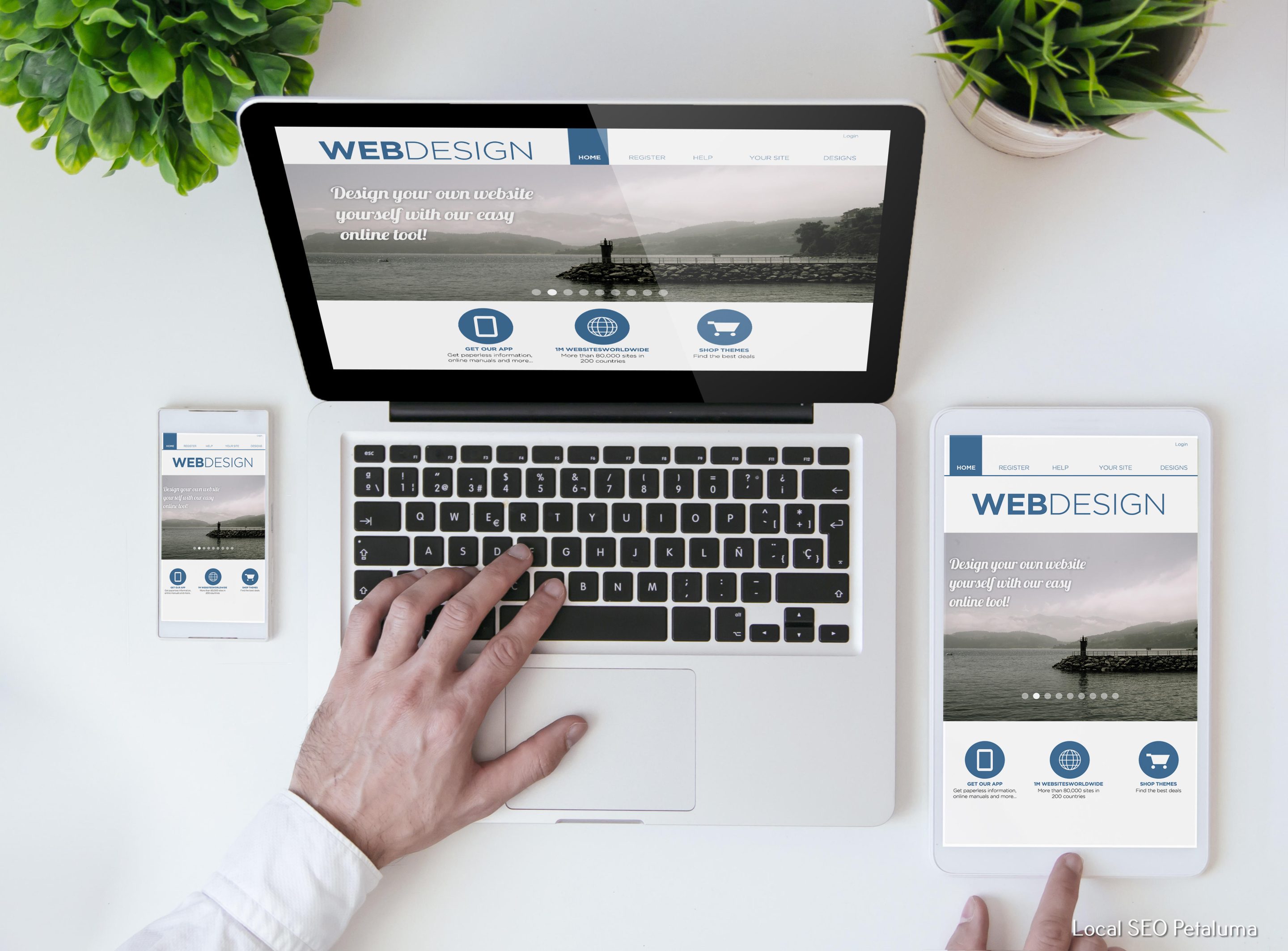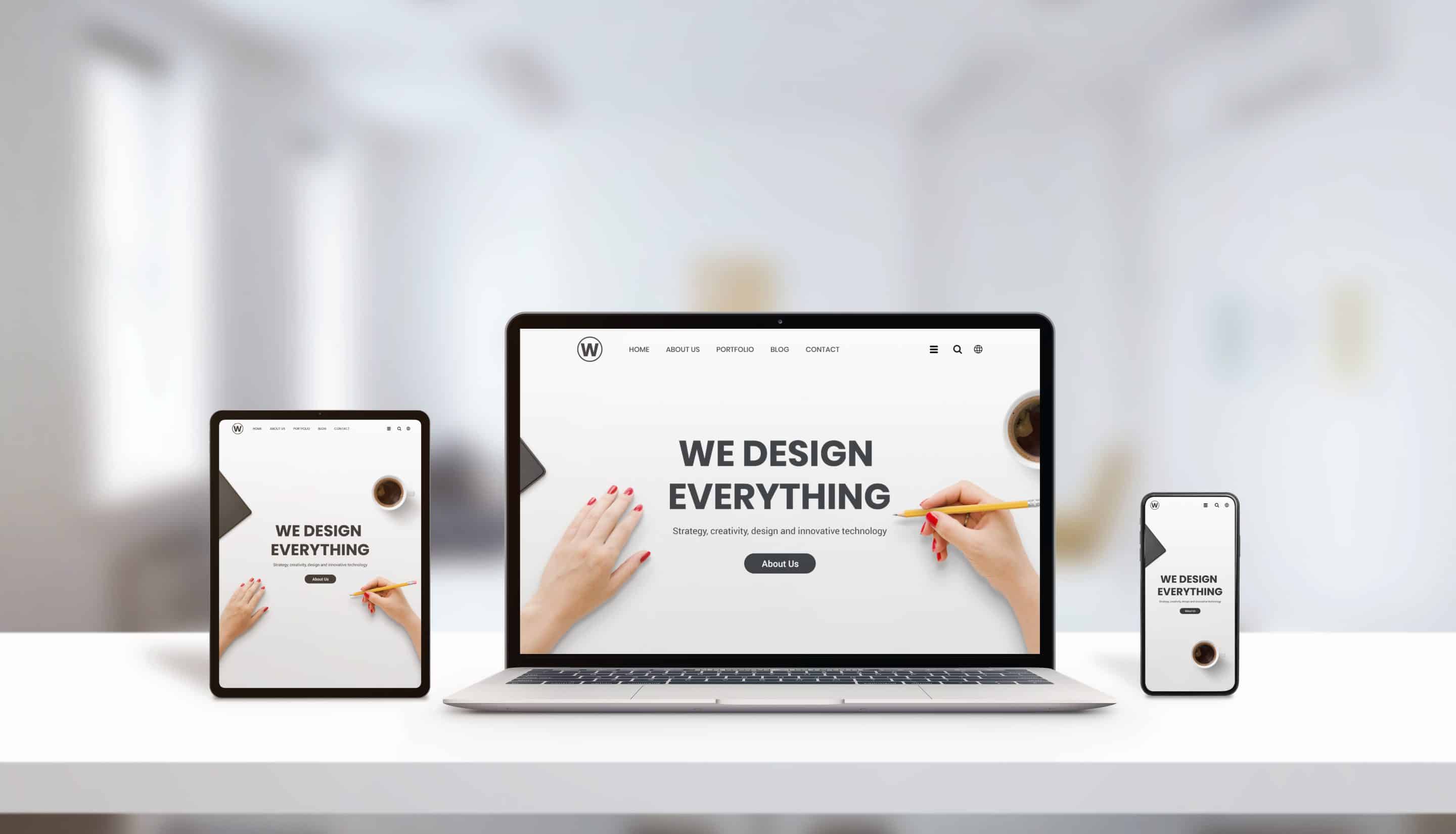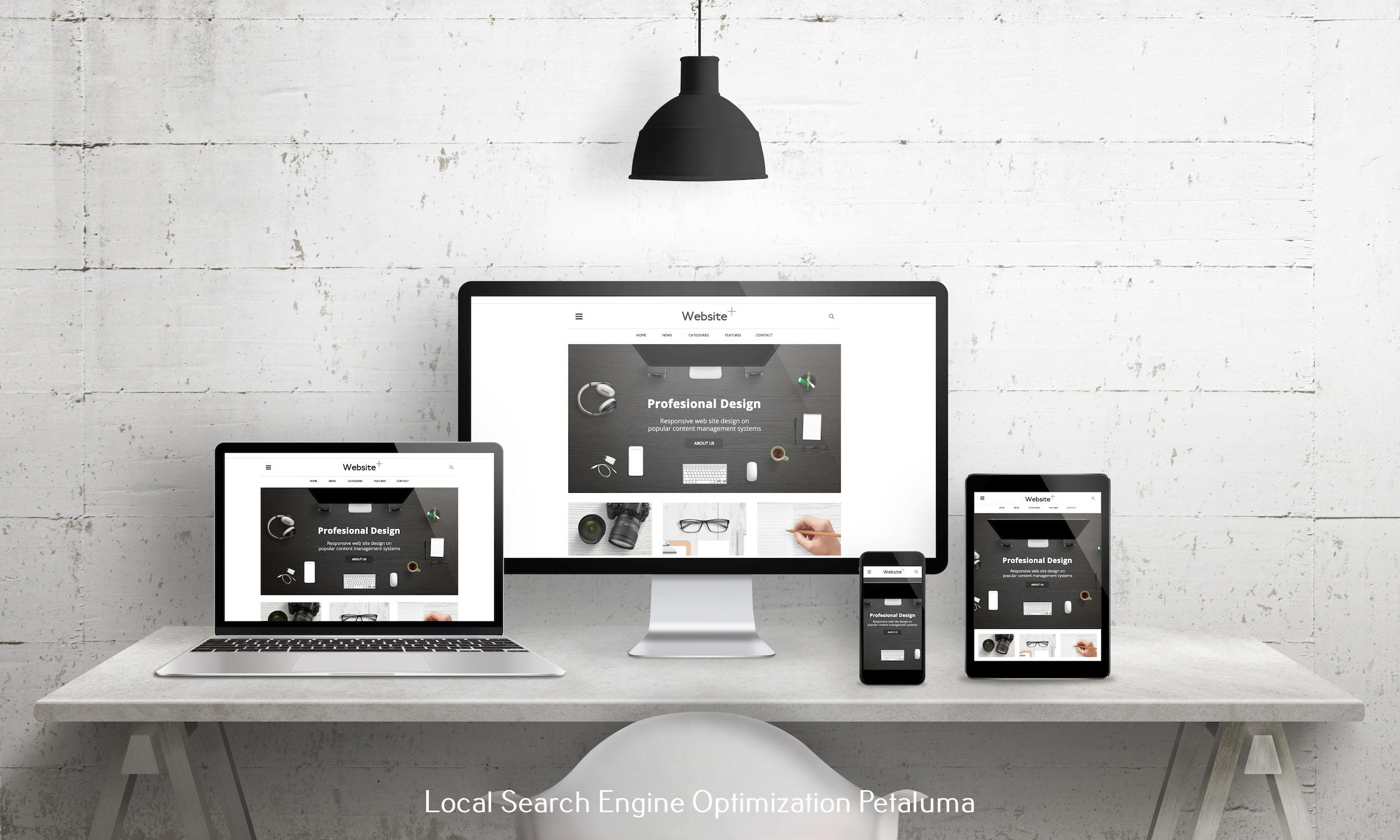It’s no secret that people are using their mobile phones more and more for searching the Internet. Given this trend, it’s essential to make sure your website is optimized for mobile SEO. One of the most effective ways to do this is by utilizing responsive design.
What is Responsive Design?
Responsive design is an approach to web design that makes sure all elements of a website are optimized for different types of devices, including desktop computers, tablets, and mobile phones. It ensures that images and text can adjust to any screen size so they're easy to read on any device. Responsive design also helps make sure all your website's content can be accessed without having to pinch or zoom in on the page.
How Can Responsive Design Help Your Mobile SEO?
Given how popular mobile devices have become, it’s important to make sure your website is designed with them in mind. Utilizing responsive design helps you do just that and will also help improve your SEO rankings when it comes to mobile searches. Here are a few ways responsive design can help with your mobile SEO:
Improved User-Experience:
One of the main benefits of responsive web design is improved user experience (UX). When users visit a website from their phone they expect fast loading times, easy navigation, and clean visuals – all things that come along with utilizing a responsive framework. A good UX means people will stay on your site longer – which in turn tells search engines like Google you’re providing valuable content which will increase rankings in search engine results pages (SERPs).
Optimized Content:
Another benefit of employing responsive web design comes from being able to optimize content for both desktop and mobile users. This means you can tailor content specifically for each type of device so visitors get the best experience no matter what device they're using. For instance, if they're using an iPhone you can optimize images for their specific device so they load faster and easier than if someone was viewing them on a laptop or tablet computer. This not only improves UX but will also give you an advantage when it comes to SERP rankings as well since search engines take into account how quickly pages load when determining where sites should rank in their results pages – meaning those with optimized content have better chances at higher ranking positions than those without it.
Enhanced Mobile Usability:
Responsive web design also helps enhance usability for those searching from their phones since everything has been tailored specifically for them from the start; meaning there's no need for zooming or pinching as everything already fits perfectly on their screen size! This improved usability leads directly into better UX which again gives you an edge over non-responsive websites when it comes time for SERP rankings since search engine algorithms take into account how usable sites are on devices like smartphones before pushing them up in results pages too!
Improved Conversion Rates:
Finally, having a site designed with responsive principles means better conversion rates since people won't be discouraged by slow loading times or difficult navigation due to poor usability; which again goes back into improving UX which leads directly into higher SERP rankings! All these factors combined result in more users visiting your site which translates into increased chances at getting conversions from those who visit – whether through sales/purchases or sign ups/subscriptions etcetera!
Overall there are plenty of benefits associated with utilizing a responsive web design approach when building out websites today; especially as more people turn towards using their phones rather than traditional desktops/laptops when searching online! Not only does this ensure optimal user experience but it also gives websites an edge over competitors who haven't adopted this methodology yet – making sure yours stands out amongst SERPs first whenever someone searches related terms via smartphone devices!






































0 Comments